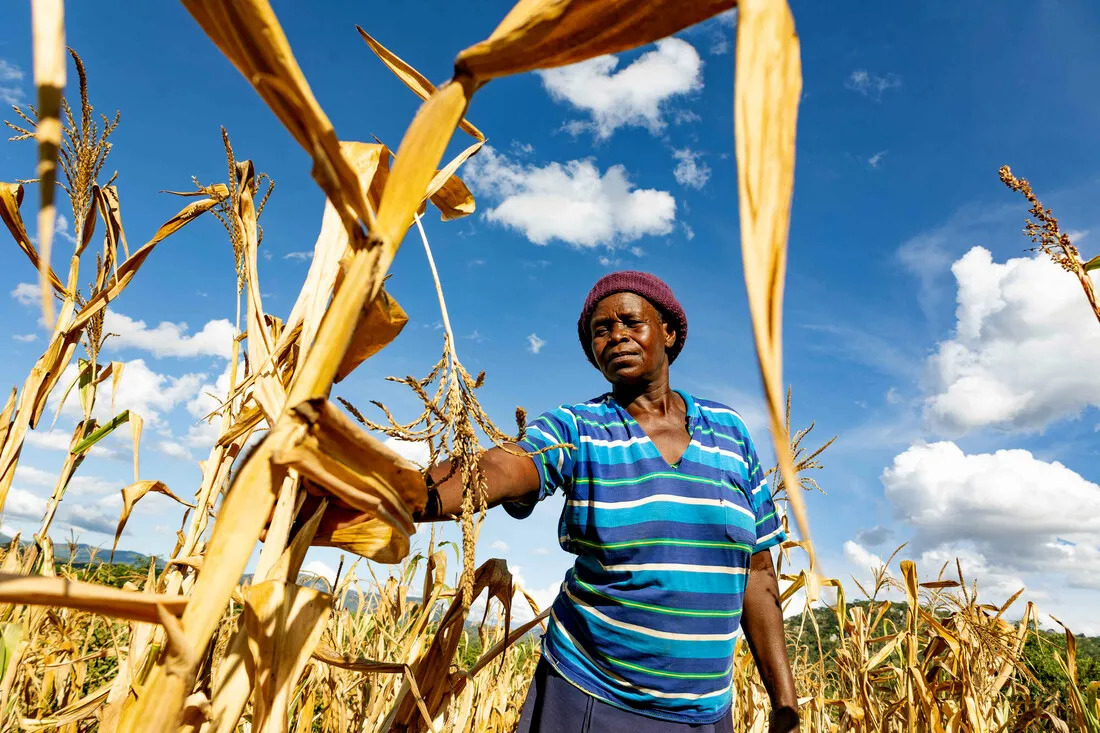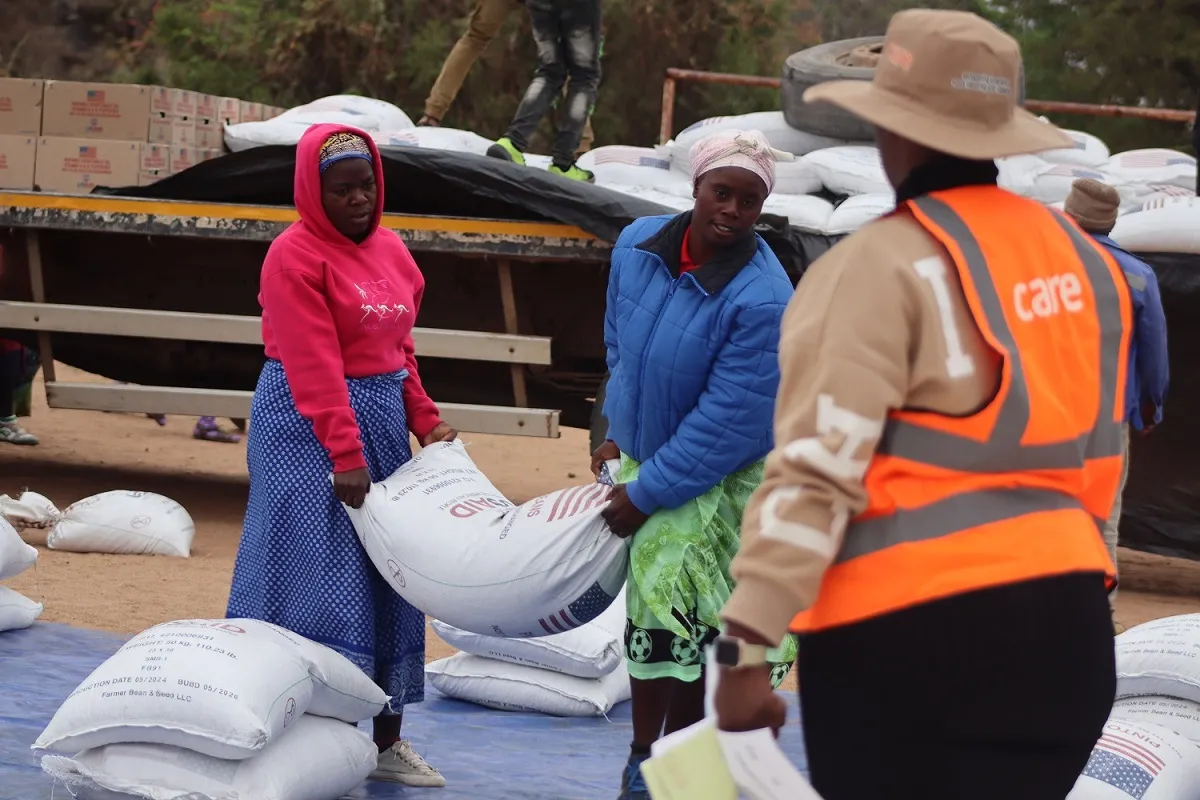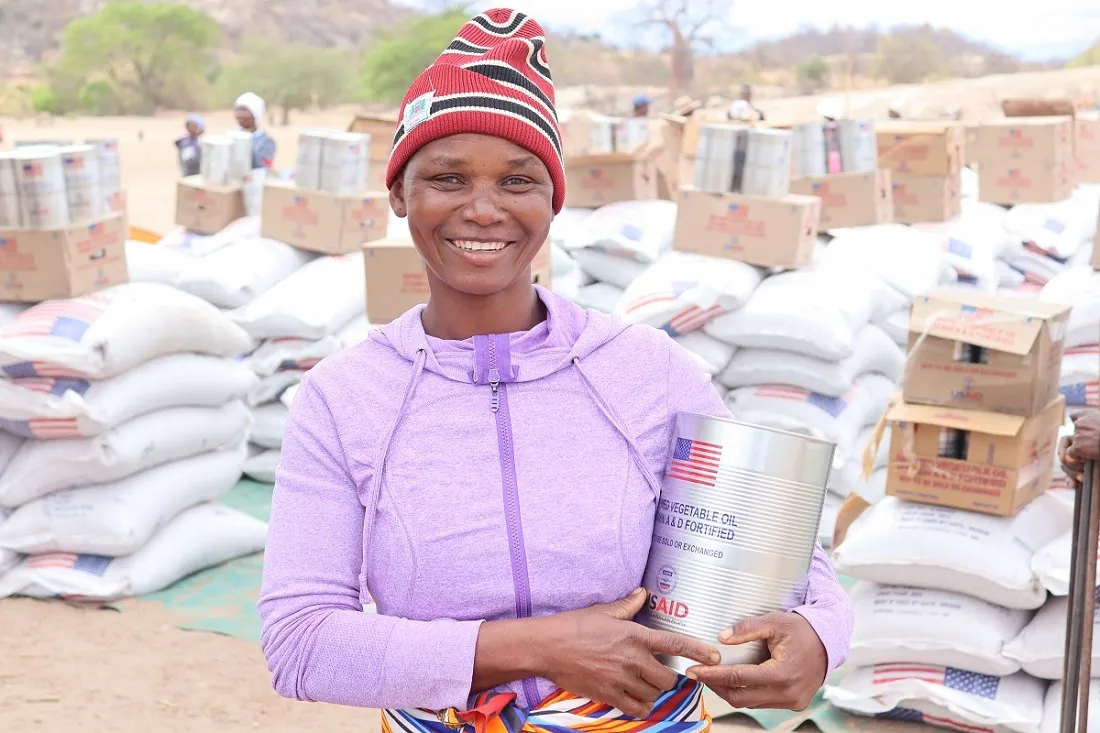About the food insecurity crisis in Zimbabwe
Zimbabwe is grappling with the devastating effects of the 2024 El Niño climate pattern, which led to crop failures, death of livestock, and water shortages, leaving millions of people in urgent need of emergency food support. These climate-fueled droughts are at the heart of the country’s current crisis.
Right now, six million people in rural communities and 1.7 million in urban areas are struggling to access adequate food, with children and the elderly particularly susceptible to malnutrition. Many households are resorting to extreme measures like eating once a day to cope with the crisis.



